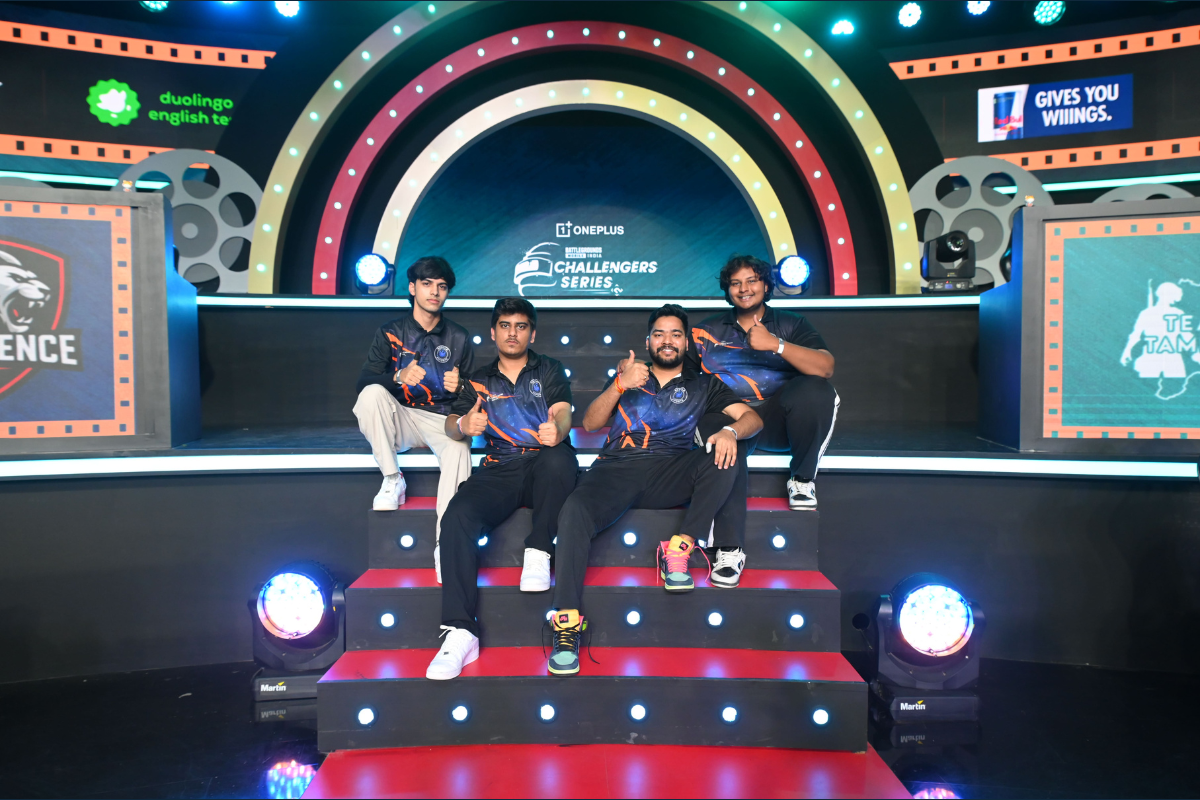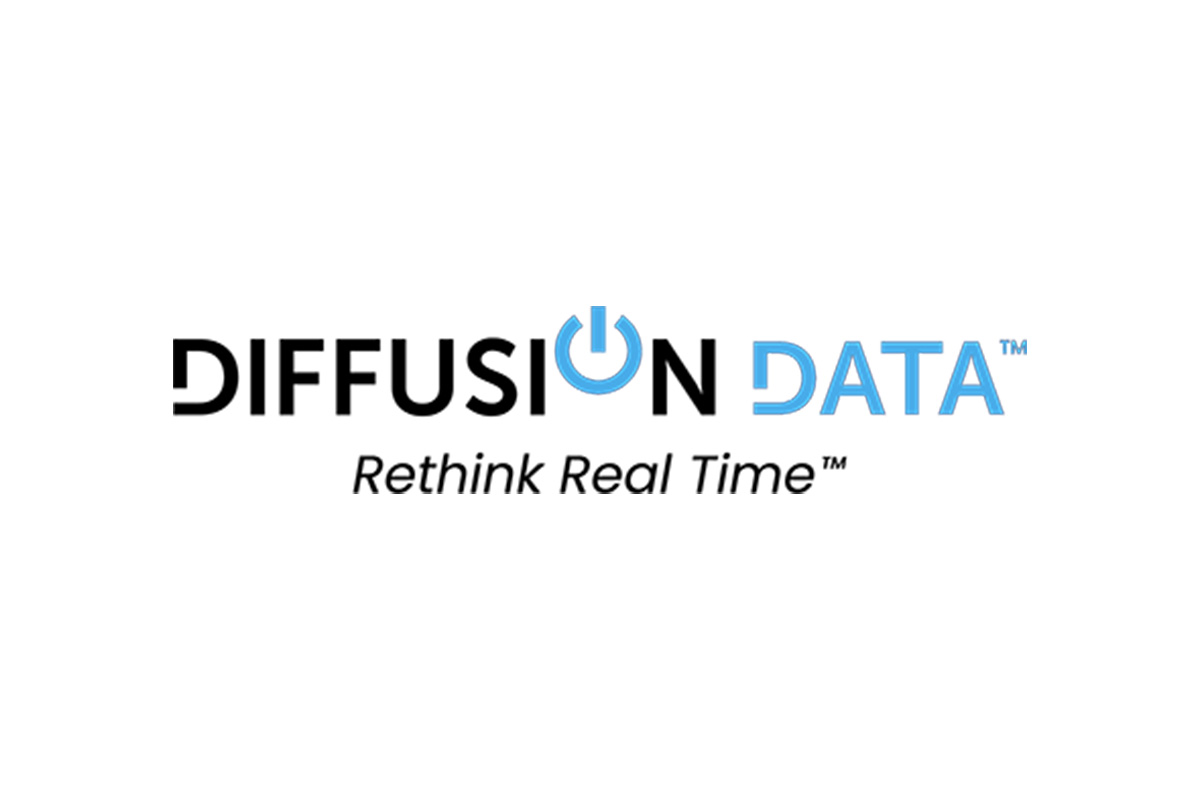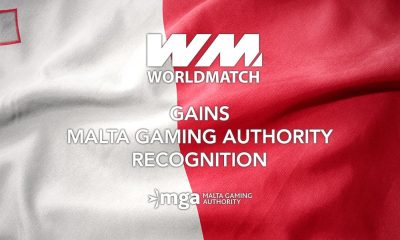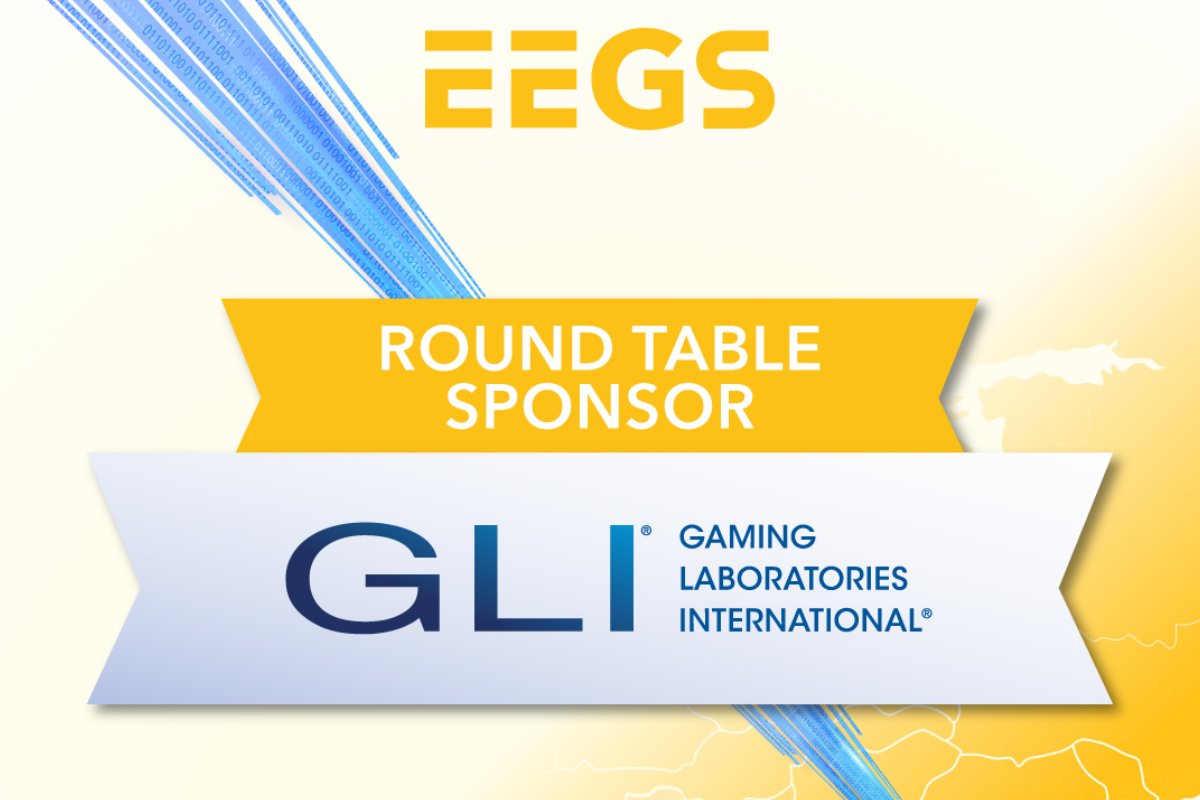Compliance Updates
MGA Publishes Voluntary ESG Code of Good Practice

The Malta Gaming Authority (MGA) has introduced the Environmental, Social and Governance (ESG) Code of Good Practice for the remote gaming sector.
This ESG Code seeks to serve as an instrument for self-regulation, helping remote gaming companies align with best practices and maintain a position that allows them to effectively meet the evolving expectations of key stakeholders in the sector.
While this ESG Code is voluntary, all MGA licensees are strongly encouraged to adopt it to better demonstrate their commitment to sustainability and to continue improving the ESG standing of the industry.
Addressing a press conference, MGA CEO Carl Brincat said that across industries, a trend has emerged towards greater transparency, disclosure, accountability and active engagement in addressing the pressing social and environmental issues of our time.
“The MGA has always strived to be at the forefront of regulatory innovation and progress. We have been working not only to supervise the gaming industry, but also to nurture it, to foster a space where operators can thrive, while ensuring that the welfare of society remains paramount. Our ESG Code represents our commitment to this,” Dr Brincat said.
Minister for the Economy, EU Funds and Lands Silvio Schembri said that the aim of the press conference was to highlight the importance for the remote gaming sector to voluntarily use the ESG tool that is increasingly shaping the business and investment landscape, as well as our approach to social and environmental challenges.
“All businesses should embrace tools to reduce risk and transform successfully, and when it comes to remote gaming, one of the tools is using ESG metrics.
“The ESG code will serve as an instrument for self-regulation, helping remote gaming companies align with best practices and maintain a position that allows them to effectively meet the evolving expectations of key stakeholders in the sector,” Minister Schembri said.
The ESG Code is the culmination of a journey that involved four extensive stages: the peer review and research phase, materiality assessment, stakeholder interviews and licensees’ consultations. This extensive process has resulted in a final Code that is well-informed and reflective of the industry’s ESG priorities and stakeholder expectations.
Key Features of the ESG Code – a Balanced Approach
The Code identifies 19 ESG topics, derived from the materially assessment, organised into three categories: Environmental, Social and Governance, providing a strategic framework for remote gaming companies to focus their reporting efforts effectively.
Two Tiers of Reporting: The MGA will recognise companies’ efforts with two levels of reporting, Tier 1, a basic ESG standard, and Tier 2, a more aspirational level, to ensure sustainability efforts are focused and impactful.
Flexible approach for certain disclosures: Core disclosures have been defined, while reporting entities will have the flexibility to choose optional disclosures;
Streamlined Reporting: The Code includes several ESG disclosures already required under existing reporting frameworks to streamline reporting and reduce administrative burden; and
Focus on ESG reporting: The emphasis is on ESG reporting, rather than setting specific ESG targets.
An MGA ESG Code Approval Seal
Industry consultation revealed a strong desire for formal recognition by the MGA. To meet this demand, the MGA ESG Code Approval Seal will be awarded to entities that report under this Code, showcasing their commitment to ESG. Different seals will be awarded to entities that meet Tier 1 or Tier 2 reporting requirements.
How the ESG Code will Work in Practice
The Code will be a standalone voluntary submission, separate from other ESG disclosures made by the reporting entity to the MGA or other bodies. Reporting will be confidential, and the MGA will launch an online tool to facilitate the process. Additionally, the ESG Code will align reporting periods with the financial year of reporting entities. The inaugural reporting year will commence in 2023, with the submission deadline set for the third quarter of 2024.
-

 Asia5 days ago
Asia5 days agoDigital gaming disruption tackled in 1st AsPac Regulators’ Forum
-

 Asia7 days ago
Asia7 days agoBGCS and BGMS league stages conclude; rising stars set to meet pros in the playoffs
-

 Latest News7 days ago
Latest News7 days agoHigh Roller Technologies and Flows partner to launch player engagement experiences, with technical integration complete in record time
-

 Central Europe7 days ago
Central Europe7 days agoFootball Stats Startup Challenges Multi-Million Company With Free Publication Of Blueprints
-

 Latest News7 days ago
Latest News7 days agoThe Current State of the German iGaming Market and Its Role in Europe
-

 Eastern Europe7 days ago
Eastern Europe7 days agoSYNOT Games Partners with WIN2
-

 Latest News7 days ago
Latest News7 days agoDiffusionData Releases Diffusion 6.12
-

 Latest News7 days ago
Latest News7 days agoOperator-Exclusive Slots: Do Content Bundles Still Deliver ROI?



























